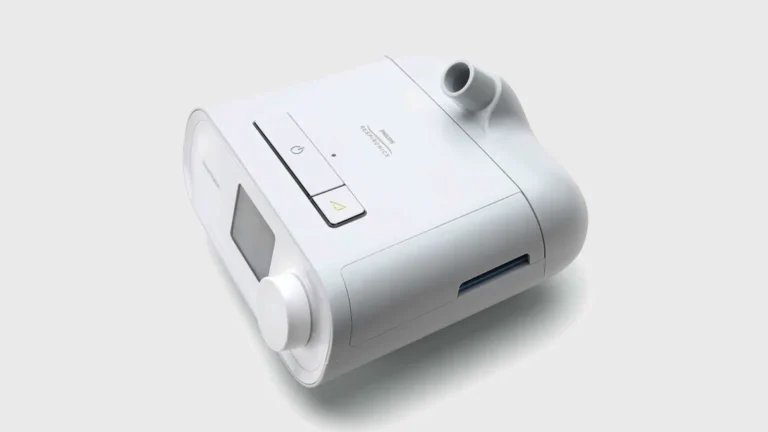Alternative Insurance Solutions FAQs
Alternative Insurance Solutions Common Questions
Can a Fixed Annuity (FA) /Fixed-Indexed Annuity (FIA) be used to structure both a claimant’s settlement and an attorney’s contingency fees?
Yes, both types of structures will be accepted. Qualified cases will grow income tax-free and non-qualified cases (and attorney fees) will grow income tax-deferred.
What are the minimums for a Structured FIA?
Minimums vary by carrier. A one-time setup fee is deducted from the premium, so the premium must meet the minimum setup threshold after the fee is applied.
What is the setup fee?
The setup fee for a FA/FIA is as follows:
- One-time assignment fee of $1,000
- One-time administrative fee of $400
Can an FA/FIA be utilized for either a qualified and non-qualified structure?
Yes, an FA/FIA can be used for qualified and non-qualified settlements. Qualified settlement proceeds will receive income tax-free treatment while non-qualified settlement proceeds will be income tax-deferred.
Must the claimant structure the entire settlement?
No, a claimant can structure all or a portion of the settlement. The portion of the settlement that will be structured is paid directly to the assignment company.
Is the claimant limited to one type of settlement product for the case?
No, a claimant can split fund the settlement with any combination of a lump sum, one or more structured settlement products, or other programs.
Why is the assignment company located in Barbados?
The assignment company is domiciled in Barbados to make use of the US-Barbados Tax Treaty to create tax efficiency and prevent the initial settlement sum from creating a taxable event to the assignment company.
What type of tax reporting is required for an FA/FIA?
For taxable settlements, the trust company, on behalf of the assignment company, will issue a 1099-MISC to the claimant or attorney during the year(s) that payments are made. The payments are reported as ordinary income for tax purposes.
Are the assets within the FIA/FA accounts protected from creditors?
While the claimant or attorney would be the payee of the future periodic payments, the assets used to fund the payments are owned by the assignment company pursuant to a Non-Qualified Assignment Agreement and Release (NQAR). Since the claimant or attorney has the right to receive periodic payments but does not have ownership rights in the underlying assets, the assets are not subject to claims made by the claimant’s or attorney’s creditors.
What happens to the settlement payments in the event of the claimant’s or attorney’s death?
Upon the death of the claimant or the attorney, the treatment of the remaining funds depends on the type of product. For some products, payments would continue to be made to the beneficiary on the existing schedule. For other products, the beneficiary would receive the lump sum balance of the funds remaining in the account.
Learn More About Structures

Helping Attorneys Maximize the Full Value of Their Fees
Attorneys now have the option to let their contingency fees be managed by their own personal financial advisor or an established and reputable financial institution that has been designated for the program.
If attorneys want their fees to be invested pursuant to a comprehensive investment plan as of their choosing or with the guidance of their financial advisor — on a fully tax-deferred basis — the compounding opportunity provided by FSP can’t be beat!



